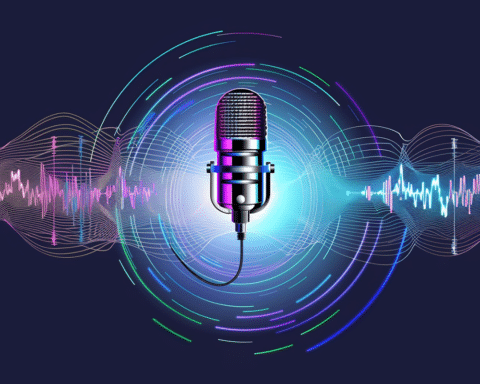Microsoft has announced a major revamp of its search engine Bing and web browser Edge, integrating AI-powered chatbot capabilities to make the tools more interactive and useful to users. The updates come as chatbots are becoming increasingly popular in the tech industry. Bing will now be able to chat with users and answer questions, generating content in response to user queries.
Microsoft CEO Satya Nadella said the revamp represents a “new paradigm for search.” The new Bing is expected to drive more users to Microsoft’s online search tools, fuel its digital advertising business, and increase demand for ads. The updated Bing will be available for limited queries to a small group of users on Tuesday, with full access to millions of users in the coming weeks.
Powered by ChatGPT, a large language model developed in collaboration with OpenAI, Bing will be able to provide high-quality responses to user queries. Microsoft’s goal is to eventually implement the AI technology into other web browsers. The company has a multi-year investment agreement with OpenAI to “develop AI that is increasingly safe, useful, and powerful.” Microsoft will also incorporate ChatGPT into its other products, including Azure.
The new Bing is being positioned as a “co-pilot” to help users navigate the web. Microsoft has a 9% share of the search market, and integrating ChatGPT into the Microsoft search platform could result in a major shift away from Google. In response to the attention on ChatGPT, Google recently announced its own chatbot tool, Bard, which will be available to the public in the coming weeks.
Potential Limitations and Ethical Considerations
The integration of AI technology, specifically ChatGPT, in the Bing search engine and Edge web browser has generated both excitement and concern among industry experts and consumers alike. On one hand, the advanced AI technology has the potential to revolutionize the online search industry and enhance the user experience by providing more in-depth and accurate information. On the other hand, the deployment of AI technology raises questions about perpetuating biases and spreading misinformation.
The Limitations of ChatGPT
Microsoft executives acknowledge the limitations of the new AI technology, including the possibility of making mistakes and the inability to answer every question. The tool is designed with a quick feedback button for users to provide feedback and help improve the tool, but it’s not perfect. The limitations of the technology are a reminder that AI is not a replacement for human judgment, and it’s crucial for users to fact-check information before relying on it.
The Responsibility of Developing AI Technology
The training of the AI technology behind the Bing update was done in part by sample conversations that mimic malicious actors who may exploit the tool. This highlights the responsibility that companies like Microsoft have to properly develop, deploy, and use the powerful technology. The impact of AI on our daily lives is rapidly growing, and it’s crucial that companies like Microsoft ensure that the technology is being used ethically and in a way that benefits all users. This includes avoiding perpetuating biases and spreading misinformation, which can have significant and far-reaching consequences.
So, Microsoft’s revamp of Bing and Edge with AI-powered chatbot capabilities represents a major shift in the online search industry. The company’s commitment to developing AI technology that is safe, useful, and powerful will help drive the industry forward and make the technology more accessible to users. However, the responsibility of properly using this technology must not be overlooked, and companies must work to ensure that AI tools are being used ethically and in a way that benefits all users.




